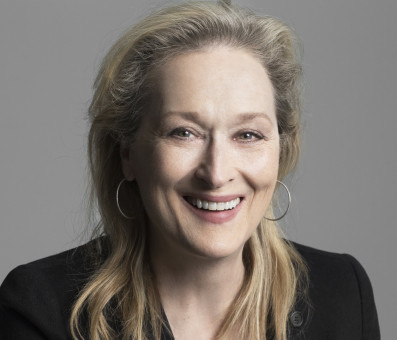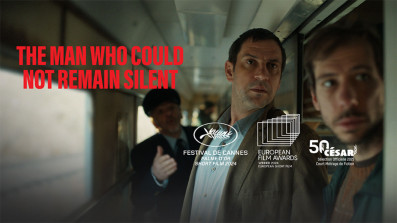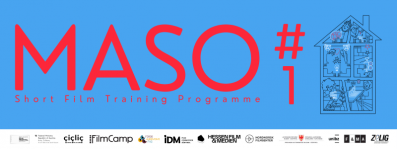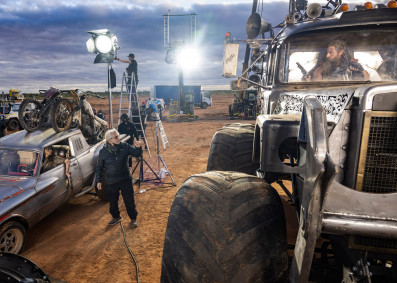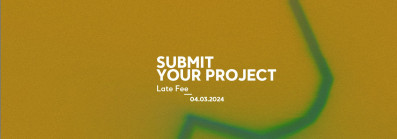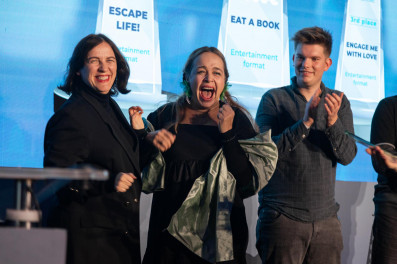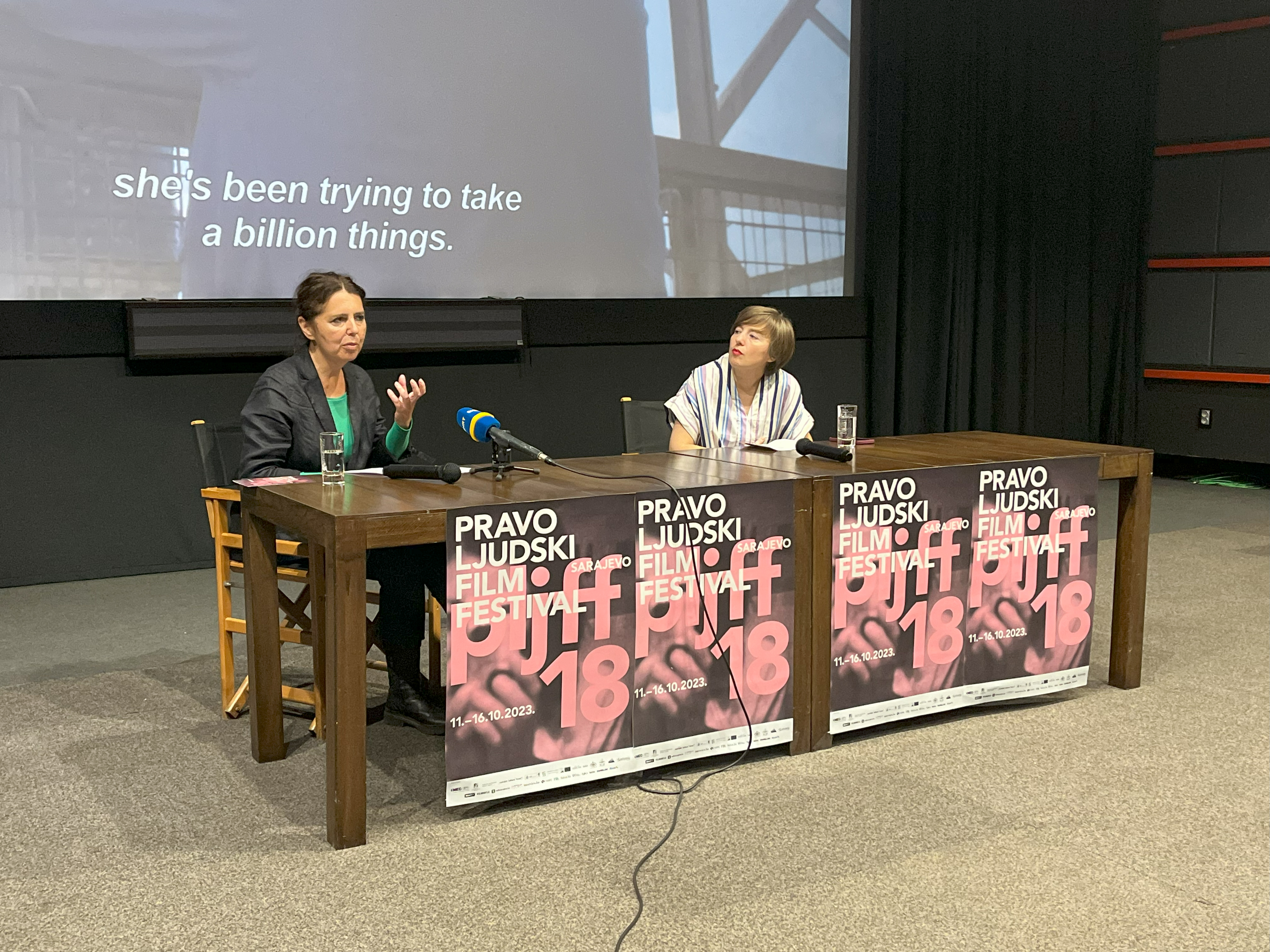
Pravo Ljudski Film Festivals opens on Oct 11th
The program dedicated to creative documentary and experimental films
On Wednesday, October 11, the 18th edition of Pravo Ljudski Film Festival (PLJFF18) will be opened, whose program will be dedicated to creative documentary and experimental films through six festival days.
PLJFF18 continues to explore the possible and impossible forms, practices and shared spaces of film and audiovisual art, and deepens the continuous focus on cinema that questions anthropocentric narratives, work and working conditions in the present day. This year's 18th edition through one of the four program sections puts in special focus the work of care and care, and social reproduction through unpaid female domestic and reproductive work.
The program of the 18th PLJFF, through today's press conference, was discussed by the selector Kumjana Novakova and the selector of the program section Care and Care as a Political Space, anthropologist Nejra Nuna Čengić.
"This year's festival program is the result of long deliberation and work of the Pravo Ljudski team, with the aim of responding to changes that are the result of different dynamics, such as the pandemic, but also oversaturated with not necessary content that we are all constantly exposed to. In the spirit of the concept of degrowth, i.e. breaking with the imperative of growth, Pravo Ljudski has been quantitatively reducing its program quantitatively for several editions in a row, in order to reach the goal of having only content on the program that we consider absolutely necessary. At Meeting Point Cinema, we will present an extremely coherent film program consisting of 21 films in 4 program sections, accompanied by one public lecture and one public debate, in addition to regular interviews with authors after film screenings." - states program selector Kumjana Novakova.
Four of this year's program sections: History, otherwise: Critical cartography, Back to Basics, In the name of health... and Care Work as Political Site, are connected through social and political mostly female invisibility at the crossroads between work and politics. The program insists and circulates on the issue of invisibility of women's and/or "other people's" work – from invisible and unpaid female domestic work and women's work of social reproduction, to the deletion of female artists from the "canon" of art and cinematography.
The selector of the program section Care Work as Political Site, Nejra Nuna Čengić, in relation to the program in focus, emphasizes:
"I want to emphasize that although one of the goals is to show the importance of both unpaid and paid work of care and care for social reproduction, it is not our desire to contribute to an existing moralist patriarchal discourse on care and care, where they are presented as natural feminine qualities are both glorified and devalued. With the screening of 5 films, through 3 interviews with filmmakers, and two public conversations, our goal is to jointly explore, imagine and contribute to the creation of better infrastructures of care and care, and thus better societies."
We look forward to watching films together, discussing and questioning these topics during the Festival, from October 11th to 16th at The Meeting Point Cinema.
Admission to all programs is free, and more about the content and screening dates can be found here.



